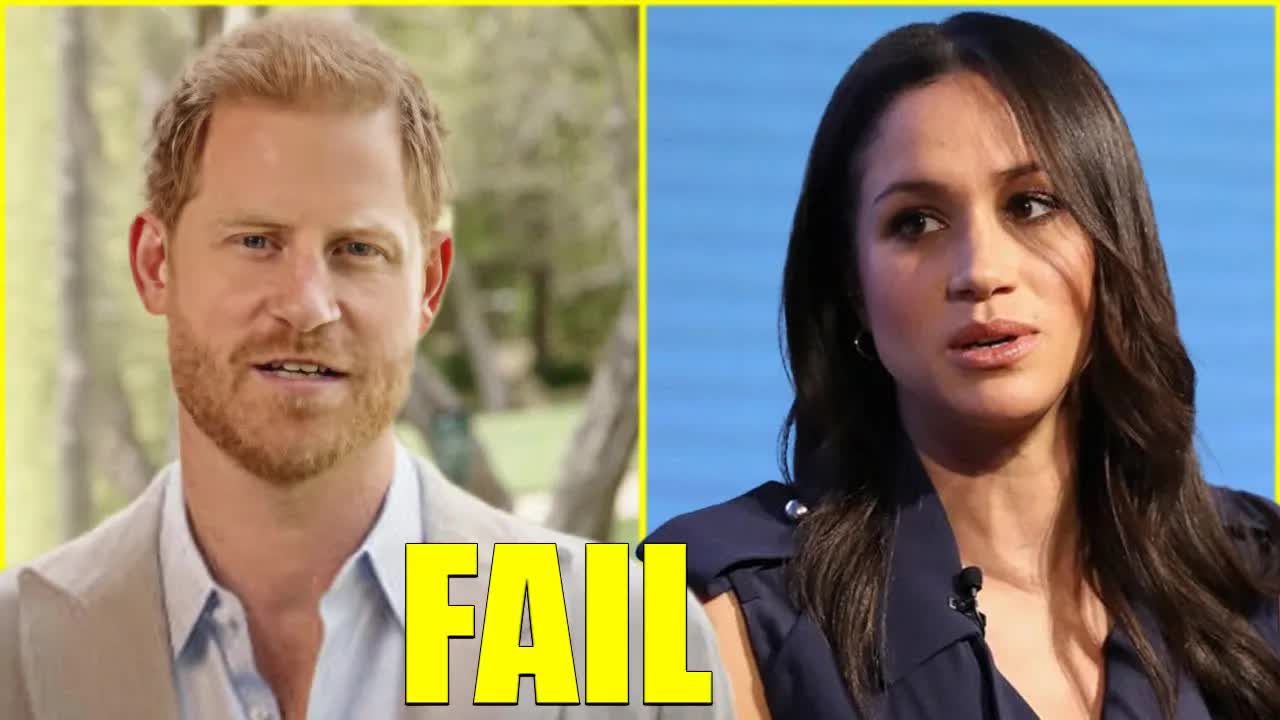Must Read
### Meghan Markle’s Ancestry Claims Spark Controversy and Criticism
In recent discussions surrounding Meghan Markle's heritage, a claim has emerged that has many raising their eyebrows.
Markle allegedly stated that she is 43% Nigerian, a declaration that has ignited a firestorm of skepticism and debate.
This assertion comes on the heels of an invitation extended to her and Prince Harry for a royal tour in Nigeria, which ultimately did not materialize.
Critics are now questioning the veracity of her ancestry claims, suggesting that her past statements may not align with the facts.
Delving into Markle's family background reveals some inconsistencies.
Her mother, Doria Ragland, was born in the United States, and genealogical records trace her lineage back to South Carolina and Georgia.
With her maternal grandparents born in the U.S. and her father's ancestry being predominantly European, many argue that Markle's assertion of having such a significant percentage of Nigerian heritage simply doesn't add up.
To illustrate the complexity of family ancestry, one can consider the example of a large family tree.
Imagine someone claiming a specific ethnic background without substantial evidence.
It's akin to saying you have Turkish roots just because you share a distant ancestor from that region.
Similarly, Markle's claim lacks the necessary substantiation, raising questions about the accuracy of her DNA results and the way they are interpreted.
The scrutiny intensifies when considering the implications of her claim.
If Markle were indeed 43% Nigerian, it would suggest that her mother would need to be approximately 86% Nigerian as well.
However, genealogical analysis suggests otherwise.
The historical context of her ancestry reveals a blend of various ethnicities, making it improbable for such a high percentage of Nigerian heritage to exist in her lineage.
Moreover, there's an argument to be made about the broader implications of such claims.
Many individuals of African descent in the U.S. carry varying percentages of European ancestry, often around 25%.
This raises the question of how Markle's family tree could support her assertion, especially considering the historical mixing of ancestries over generations.
Critics also point to the nature of DNA testing and how results can be misinterpreted.
Genetic ancestry tests can reveal connections to certain regions but do not necessarily indicate direct lineage or ethnicity.
The nuances of genetic inheritance mean that ethnic traits don't always pass down evenly, leading to potential misunderstandings about one's heritage.
In light of this, Markle's claim appears increasingly dubious.
Some speculate that her statement might have been an attempt to connect with her audience, particularly during a podcast episode featuring a Nigerian guest.
This raises further concerns about authenticity and the motivations behind her declarations.
Beyond her ancestry claims, Markle's recent business ventures have also come under fire.
Her launch of a strawberry jam product has stirred controversy, especially given her previous status as a senior royal.
Observers question why someone with her background would resort to such marketing tactics, which seem far removed from the life of luxury and influence she once enjoyed.
The juxtaposition of her current endeavors against her royal past paints a picture of a woman grappling with her identity and public perception.
Critics argue that Markle's attempts at entrepreneurship appear desperate, as she seeks validation through celebrity endorsements while struggling to establish a successful brand.
As the narrative unfolds, it becomes clear that Markle's journey is fraught with contradictions.
From her claims of Nigerian heritage to her forays into business, the public is left wondering about her authenticity.
Many believe that if she truly wanted to connect with her roots, a more genuine approach would resonate better than grandiose claims lacking solid evidence.
Ultimately, the discourse surrounding Markle serves as a reminder of the complexities of identity and the importance of transparency.
As she navigates her public persona, the challenge lies in balancing personal truth with public perception.
The ongoing scrutiny of her actions and statements reflects a broader societal interest in authenticity, particularly among those in the public eye.
In a world where stories are often spun to fit narratives, Markle's situation highlights the importance of grounding claims in reality.
Whether it's about ancestry or business, the quest for authenticity remains paramount, and the public's appetite for truth is insatiable.
As this story continues to develop, it will be fascinating to see how Markle responds to the criticism and whether she will take steps to clarify her position.






























